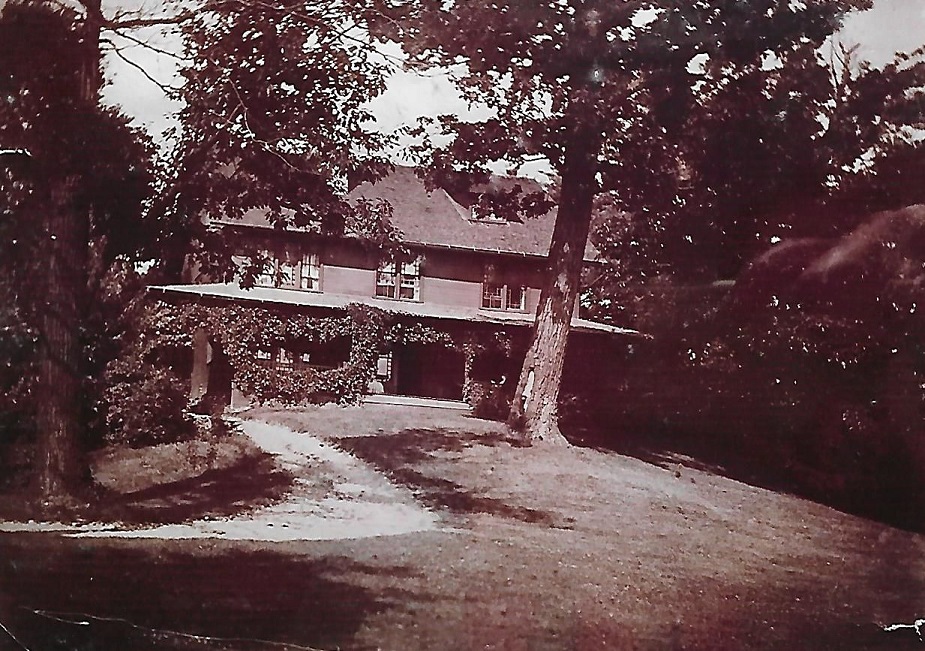Winburne is a small community in Cooper Township that thrived well, before the demise of the deep coal mining industry in the early 1950’s. Numerous mining operations drove the overall economy of Clearfield County’s southeastern regional townships for decades beforehand.
James Laing Sommerville (1837-1912), a Scottish immigrant, used his engineering degree from the Lock Haven Academy to originally work for the Snow Shoe Railroad until it was sold to the dominant Pennsylvania Railroad.
He then went into the coal business after sending his sons to scout the area near present-day Winburne for mining potential. According to local lore, the sons told their father that the rhododendron was so tall and thick they could nearly walk over top of it without falling through.
Sommerville was instrumental in bringing railway lines to connect with his mining operations. He gave the new town its name Win, after Winn’s Run, a local stream and burne for the old Scottish term for fresh water.
Sommerville’s business acumen led him to become one of the founders of Winburne’s Bituminous National Bank, a mainstay on the village’s Trolley Street for years.
He was also instrumental in developing piped water system and thereby setting the means of developing the Winburne Water Company. His mining operations expanded into Carnwath, Knox Township, and his sons operated the Sommerville Mercantile Store.
James and his wife, Jane were instrumental in the establishment of the Winburne Presbyterian Church and he served as an elder there until his death at age 75.
James’ son, Robert, became a follower of President Theodore Roosevelt’s Progressive Party and became active in the social and economic regulatory reform movement of the era.
In 1913, Robert Sommerville was one of the original investors and founders of The Progress newspaper, which began as both a news and political journal dedicated to stances of the Progressive Party. His wife, Jenny, became active in Clearfield County’s women’s suffrage efforts, which sought to guarantee women’s voting rights.
James Sommerville’s residence is a relic of the stately home as shown in the photo. His two unmarried daughters lived out their lives there and were tagged with the old-fashioned and now uncomplimentary title of “old maids.”




